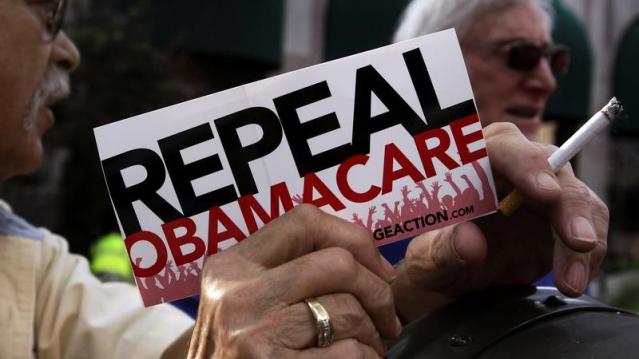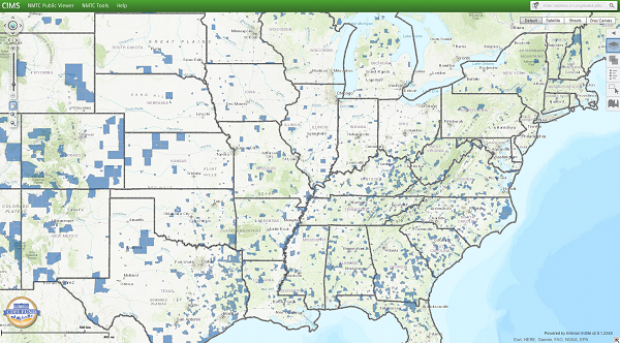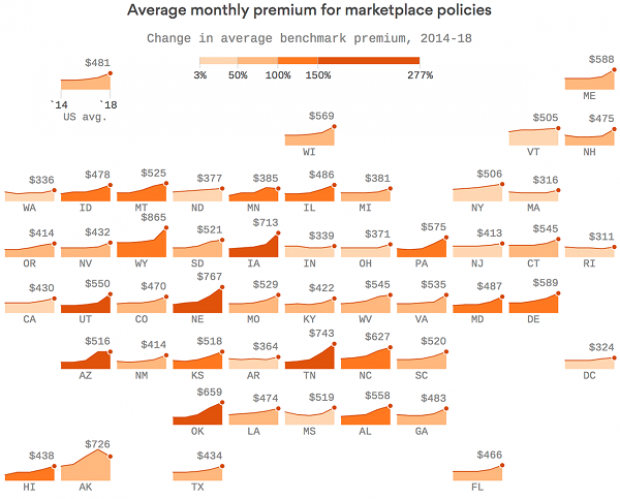The Sweet Credit-Card Perk You Have But Don’t Know About

You know that your credit card offers rewards like cash back and airplane miles, but many cards also offer automatic travel insurance, which could prove valuable on your next trip.
Nearly 90 percent of reward credit cards offer accident insurance while you’re on vacation and 63 percent cover luggage if you use you card to pay for the trip, according to a new report by CardHub. On nearly a quarter of cards that offer travel accident insurance, coverage is more than $300,000.
Almost three-quarters of cards that cover luggage will pay you for lost bags, while nearly half cover delayed luggage.
Related: Credit Cards Can Be Your Best Friend—or Worst Enemy
The report found that the Chase Sapphire Preferred Rewards Card offered the best travel insurance, followed by Discover It, Wells Fargo Propel 365 and Citi Prestige.
Coverage amounts vary and restrictions apply, so check in with your issuer to get the details of what your card offers.
Travel insurance isn’t the only time credit cards come in handy for travel. Some cards also offer roadside assistance. If your car breaks down, runs out of gas, or you lock your keys inside most credit cards will send roadside assistance to help you out.
That perk, while convenient, isn’t free. The issuers usually charge you a discounted rate for the service and bill it directly to your credit card. Discover, for example, charges $70 per incidence but covers 24-hour towing, assistance and locksmith services.
GOP Tax Cuts Getting Less Popular, Poll Finds

Friday marked the six-month anniversary of President Trump’s signing the Republican tax overhaul into law, and public opinion of the law is moving in the wrong direction for the GOP. A Monmouth University survey conducted earlier this month found that 34 percent of the public approves of the tax reform passed by Republicans late last year, while 41 percent disapprove. Approval has fallen by 6 points since late April and disapproval has slipped 3 points. The percentage of people who aren’t sure how they feel about the plan has risen from 16 percent in April to 24 percent this month.
Other findings from the poll of 806 U.S. adults:
- 19 percent approve of the job Congress is doing; 67 percent disapprove
- 40 percent say the country is heading in the right direction, up from 33 percent in April
- Democrats hold a 7-point edge in a generic House ballot
Special Tax Break Zones Defined for All 50 States

The U.S. Treasury has approved the final group of opportunity zones, which offer tax incentives for investments made in low-income areas. The zones were created by the tax law signed in December.
Bill Lucia of Route Fifty has some details: “Treasury says that nearly 35 million people live in the designated zones and that census tracts in the zones have an average poverty rate of about 32 percent based on figures from 2011 to 2015, compared to a rate of 17 percent for the average U.S. census tract.”
Click here to explore the dynamic map of the zones on the U.S. Treasury website.
Map of the Day: Affordable Care Act Premiums Since 2014

Axios breaks down how monthly premiums on benchmark Affordable Care Act policies have risen state by state since 2014. The average increase: $481.
Obamacare Repeal Would Lead to 17.1 Million More Uninsured in 2019: Study

A new analysis by the Urban Institute finds that if the Affordable Care Act were eliminated entirely, the number of uninsured would rise by 17.1 million — or 50 percent — in 2019. The study also found that federal spending would be reduced by almost $147 billion next year if the ACA were fully repealed.
Your Tax Dollars at Work

Mick Mulvaney has been running the Consumer Financial Protection Bureau since last November, and by all accounts the South Carolina conservative is none too happy with the agency charged with protecting citizens from fraud in the financial industry. The Hill recently wrote up “five ways Mulvaney is cracking down on his own agency,” and they include dropping cases against payday lenders, dismissing three advisory boards and an effort to rebrand the operation as the Bureau of Consumer Financial Protection — a move critics say is intended to deemphasize the consumer part of the agency’s mission.
Mulvaney recently scored a small victory on the last point, changing the sign in the agency’s building to the new initials. “The Consumer Financial Protection Bureau does not exist,” Mulvaney told Congress in April, and now he’s proven the point, at least when it comes to the sign in his lobby (h/t to Vox and thanks to Alan Zibel of Public Citizen for the photo, via Twitter).



